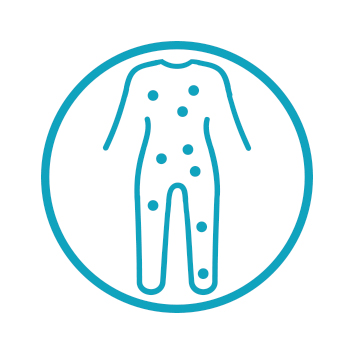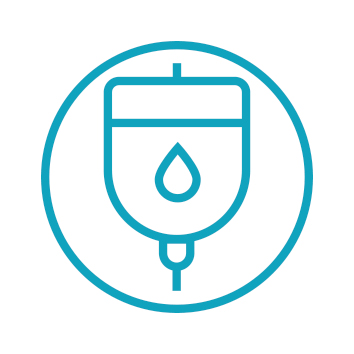What is ankylosing spondynitis?
Ankylosing spondynitis, or Bechterew’s disease, is an autoimmune disease characterized by a genetic load with an HLA B26+ in most cases, resulting in inflammation of the spine and spondynitis, i.e., progressive stiffness of the spine, also known as the William Tell syndrome.
Who is most affected?
Ankylosing spondynitis is also characterized by its appearance in young people, especially men around 35-30 years of age.
Do you think you might have ankylosing spondynitis?
If you feel pain and progressive stiffness of the spine, especially in the cervical area, for more than two weeks or a longer period, consult Biosalud Day Hospital. We specialize in the treatment of autoimmune diseases.
On many occasions, the true nature of a disease is Lyme Disease
If you want to request an appointment, please, phone us or fill the form and we will get in touch
Symptoms of ankylosing spondynitis

The main symptomatic characteristics of ankylosing spondynitis are: inflammation of the spinal column that causes pain and progressive stiffness of the area, especially at a cervical level. This is known as William Tell syndrome. Neck mobility may be lost in such a way that it cannot be turned to either side, having to turn the whole body to look sideways and backwards.
Another of its most significant features is that patients who suffer from it can not spend more than 5 hours in bed at a time, they have to get up due to the pain that only goes away if the patient moves.
Ankylosing spondynitis diagnosis

At Biosalud, we begin by looking for the causes that have caused that genetic load to be activated and investigate environmental factors to design a personalized treatment protocol.
Treatment of ankylosing spondynitis in Biosalud

The treatment consists of two parts: on the one hand, we will treat the pain; on the other, we will proceed to regulate the immune system.
Local pain treatment: we will apply techniques such as hyperthermia, mesotherapy, cryoelectrophoresis, neural therapy …, which do not cause side effects and do act with maximum effectiveness to control pain.
Treatment of underlying disease: We will regulate the immune system so that it stops attacking. And although we won’t be able to restore normalcy in those joints that have been inflamed for so long, we will be able to stop the disease.
On many occasions, ankylosing spondynitis is related to dental alterations. It is very important to make a study of the wisdom teeth. It is very frequent that patients who suffer from ankylosing spondynitis also have some wisdom teeth included (some of them and even up to the four of them), so the treatment may involve the removal of these wisdom teeth to control the disease.

